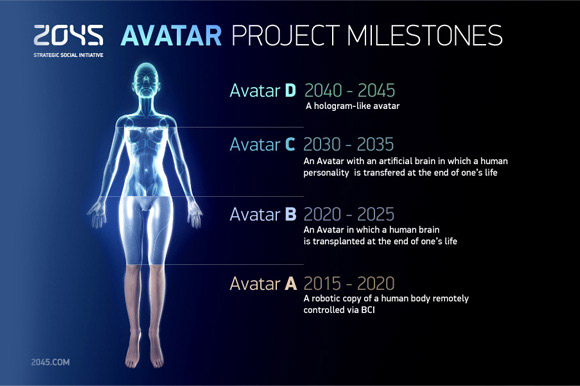
In both these forms of media entertainment, the players are struggling to keep their true identity from being found out and their progress in the game destroyed. This protection is due to their need to keep their reputation and assets under control. However, in creating/playing in these games, it seems to fall upon the role of the creator to encrypt the each user's data while they play and where from. James Moor, Philosophy professor at Dartmouth, defines in his paper, "Ethics and Information Technology," three stages in technological revolutions: introduction, permeation, and power stages. However, virtual reality gaming still seems to be in its introduction and the major consoles: Oculus Rift, Oculus Quest, and Rift S are still relatively expensive in comparison with other consoles and are yet to permeate into many households. The difficulty of its permeation relates both to cost and the necessary specifications required to run the console properly.
Full-dive virtual reality still seems to be 50-100 years away, however projects such as the 2045 Strategic Social Initiative or Avatar Project is working diligently to create a robotic copy of the human body controlled by a brain-computer interface. However, this technology is still in its initialization phase and has yet to see substantial breakthrough but innovation is exponentially getting better and this technology could see drastic changes in the next few decades.
Hi charpeng! I thought you referenced our class readings pretty well, and the concepts that the philosophers wrote about definitely apply here. However, I felt like your integration of the references into your piece was a little choppy. For example: you talked about Gary Marx's 7 different types of identifying knowledge, but didn't end up connecting it to what is happening in the world today. A little more integration of the readings into the subject of virtual reality would really improve this piece and take it to the next level. Also adding links into the text and maybe adding another image would really boost user engagement and interactivity.
ReplyDeleteI think you chose a really interesting topic to write about - I personally never knew about the 2045 Initiative until your post. Some suggestions would be to possibly explain a bit more about the initiative or being anonymous in virtual reality and how it relates to the readings you discussed. There's a bit of disconnect between your readings and topic right now. Moreover, since you included the different ways to identify someone, it would be nice if you included what virtual reality is doing in respective or what the implications are if VR games do not uphold the importance of protecting identifiability and anonymity. You can also add one more visual - whether it's a video or image - to engage with the readers more. Overall, I really liked your topic and the examples you gave to connect with the readers.
ReplyDeleteI think you did a really good job introducing the topic and where we are at today with the technology, and I think you did a great job including readings. I do, however, wish you would include more of the implications and what all this means. I fear you may be trying to do too much in the short amount of space we are allocated. I would suggest maybe discussing the steps virtual reality companies are taking in real life to ensure anonymity, as well as further fleshing out the possible consequences for players now and in the future if their identities are uncovered. I think the first paragraph is really strong, and maybe cutting the second and third paragraphs to focus on the types of identifying knowledge and the consequences of each would be a better way to focus the blog post. Right now, it is kind of confusing what question or topic you are addressing. Are you talking about the importance of anonymity or how far we have to go to get truly immersive virtual reality? Both are good topics, but pick one and focus on it. I think this is super interesting and a great second draft.
ReplyDelete